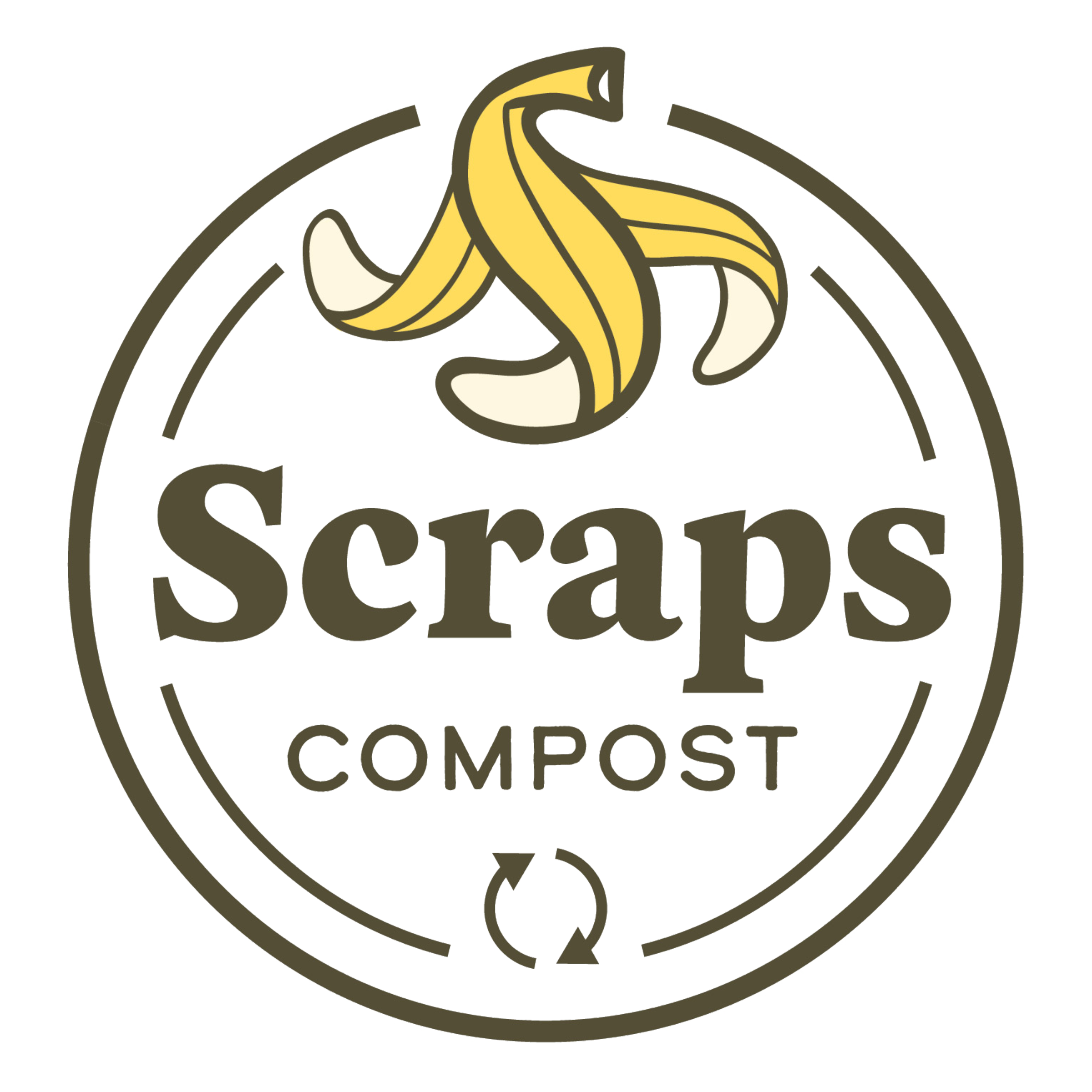It Benefits Businesses - Food Composting
Businesses in today’s world are becoming more and more conscious of their environmental impact. Companies that recycle food into their operations not only contribute to a healthier planet but also experience considerable benefits to their business line as consumers seek out sustainable and eco-friendly practices. We examine the benefits of food recycling for businesses in this blog article and show how it can be a recipe for success.
Efficacious Waste Management:
In the food sector, food waste is a problem that is frequently encountered, and its disposal can be costly. By embracing food recycling, businesses may spend less on waste management. Businesses can redirect their food leftovers to recycling facilities or composting sites instead of paying exorbitant disposal fees, as these are frequently more affordable options. Businesses can allocate resources to other crucial areas of their operations, ultimately enhancing profitability, by reducing waste-related costs.
A Favorable Brand Image:
Food recycling can improve a company’s reputation and promote a favorable brand image in an era where consumers actively seek out ecological and ethical products. Customers are more likely to see a brand as socially and environmentally conscious when they see it taking proactive measures to lessen its environmental effect. A larger client base, better brand trust, and enhanced customer loyalty might result from this favorable view.
Regulatory Compliance is Met:
Businesses must abide by strict waste management standards as governments and regulatory agencies lay more focus on environmental preservation. Recycling food indicates a commitment to sustainability and aids businesses in adhering to environmental regulations. A company’s finances are safeguarded, and its connection with regulatory bodies is strengthened, by avoiding fines and penalties for inappropriate trash disposal.
Engagement and Morale of Employees:
Recycling food is one sustainable technique that can improve employee morale and engagement. Working for a company that practices environmental responsibility increases employee pride, which can boost output and reduce turnover. Because job searchers want to work for companies that share their values and make a positive contribution to society, businesses that place a high priority on sustainability frequently attract top talent.
Developing New Revenue Streams:
For businesses, food recycling can provide new revenue streams. For instance, recycled food waste can be used to create useful goods like bioenergy or organic fertilizers. Companies can build a sustainable circular economy within their own business by monetizing garbage that would otherwise be thrown out, thus strengthening their financial stability.
It is sage and progressive to incorporate food recycling into business operations. By lowering food waste and greenhouse gas emissions, it not only contributes to environmental protection but also has considerable advantages for the company as a whole. The benefits of food recycling spread across the entire company, from cost savings to increased brand reputation and staff engagement. Embracing food recycling can be a crucial component for business success in the long run in a world where stakeholders and consumers are prioritizing sustainability more and more. Businesses can help create a greener planet and ensure a more prosperous future for themselves by taking action now.

